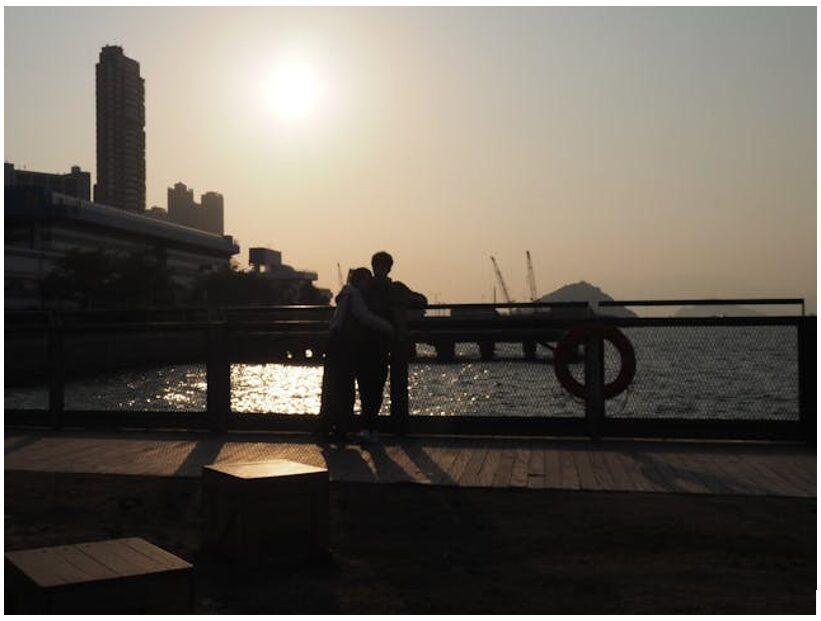THE burial of Former Pres. Ferdinand Marcos at the Libingan ng mga Bayani (Heroes’ Cemetery) was given a go signal by the Supreme Court on Tuesday, Nov. 8.
Voting 9-5, the high court has put an end to the highly contested and heavily debated issue, dismissing the petition filed by human rights groups, and victims during the Martial Law from 1972 to 1981. The petitioners argued that the atrocities committed under the despotic leader’s regime invalidated his right to a burial at the Heroes Cemetery. Marcos died in exile in Hawaii in 1989, three years after the 1986 Edsa People Power Revolution toppled his two-decade rule.
Ilocos Norte Gov. Imee Marcos, daughter of the late President, welcomed the high court’s ruling and acknowledged that Pres. Rodrigo Duterte supports the favorable ruling.
“Malaki ‘yung naging tulong ni President Duterte kahit ‘di namin hiningi ‘yung tulong niya. (President Dutere helped a lot even if we didn’t ask for it),” she said adding that the family has no plans for the burial and is waiting if there would still be a motion for reconsideration.
“Minsan hindi ko maintindihan kung bakit kailangan pa sa Libingan. Marami namang iba diyan. Sa Ilocos, ang laki-laki. Pero sundalo po ang tatay ko e. (Sometimes I do not understand why [we need to bury him] at the Heroes’ Cemetery. There are many other out there. In Ilocos, it’s vast. But, my father is a soldier),” she explained.
For Former Sen. Bongbong Marcos, the Supreme Court decision was a fulfillment of his wishes.
“As a son, it is something that I have been praying for for many, many years,” Marcos told CNN Philippines in a phone interview. “Even equally, it’s important with the belief that this was for the healing process in this country,” he added.
The younger Marcos also thanked Pres. Duterte for his support.
“This is a recognition of the rights of my father as a veteran of the war and a president for 20 years and we thank the justices of the Supreme Court for recognizing that right,” he said. The former senator also called for the healing and reconciliation of “whatever differences or schisms there might be in the political arena in our country.
Several groups have already mounted rallies across the country to express indignation and protest the Supreme Court’s decision.
Could it be that the very branch of government seeking to determine what is “Constitutional” is the very same body finding ways to circumvent it?
In its decision the Supreme Court said it “must uphold what is legal and just and that is not to deny Marcos his rightful place at the LNMB.” However, it should have also recognized Republic Act No. 10368, which allows for the “reparation and recognition of victims of human rights violations during the Marcos, regime, documentation of said violations, appropriating funds therefor and for other purposes.”
The law guarantees that the State “acknowledges its moral and legal obligation to recognize and/or provide reparation to said victims and/or their families for the deaths, injuries, sufferings, deprivations and damages they suffered under the Marcos regime” to restore their honor and dignity.
The high court must handle this situation in a manner that will promote civil liberties and provide a ground for peaceful resolution of political conflicts.
Today, Filipinos celebrate one of the world’s most vibrant democracies. This ideology gives the people the power to demand for greater and social and economic equality.
We must never forget that in order to get here, it took enduring and toppling 20 years of draconian dictatorship. Many lives were sacrificed to achieve the freedom and equality Filipinos enjoy today. (AJPress)
Back To Top






